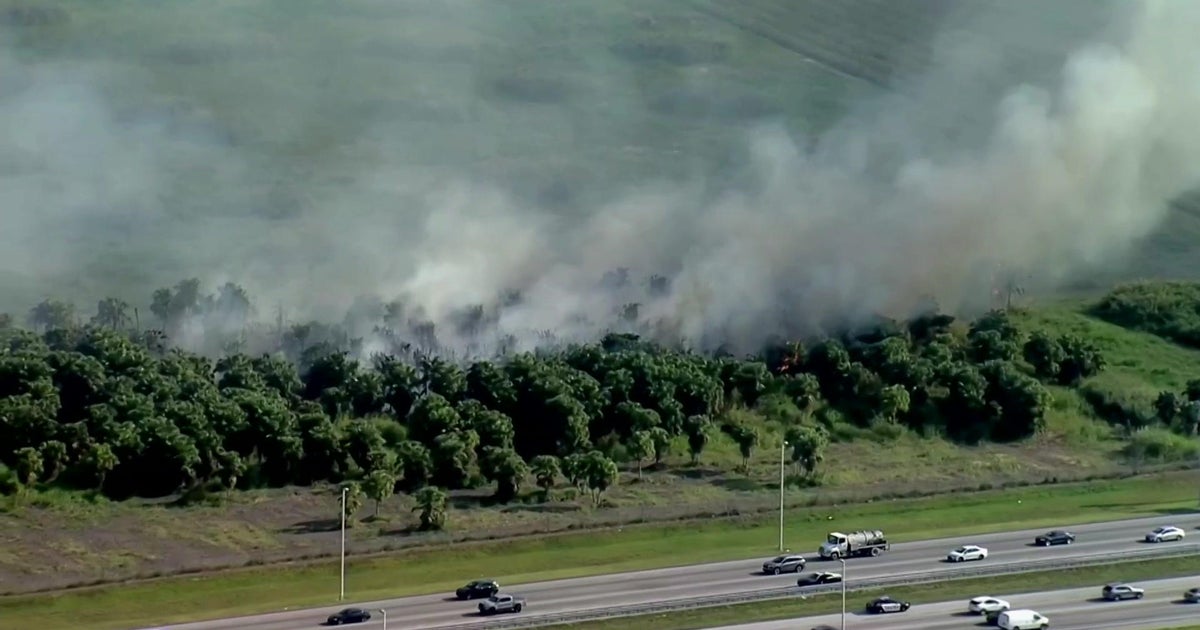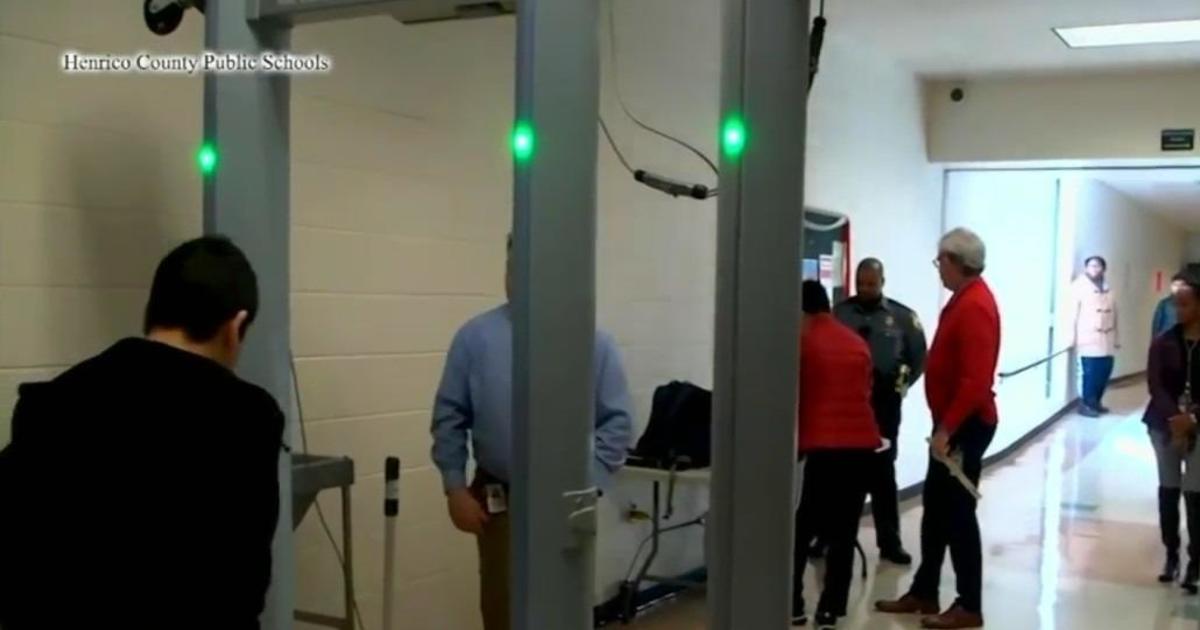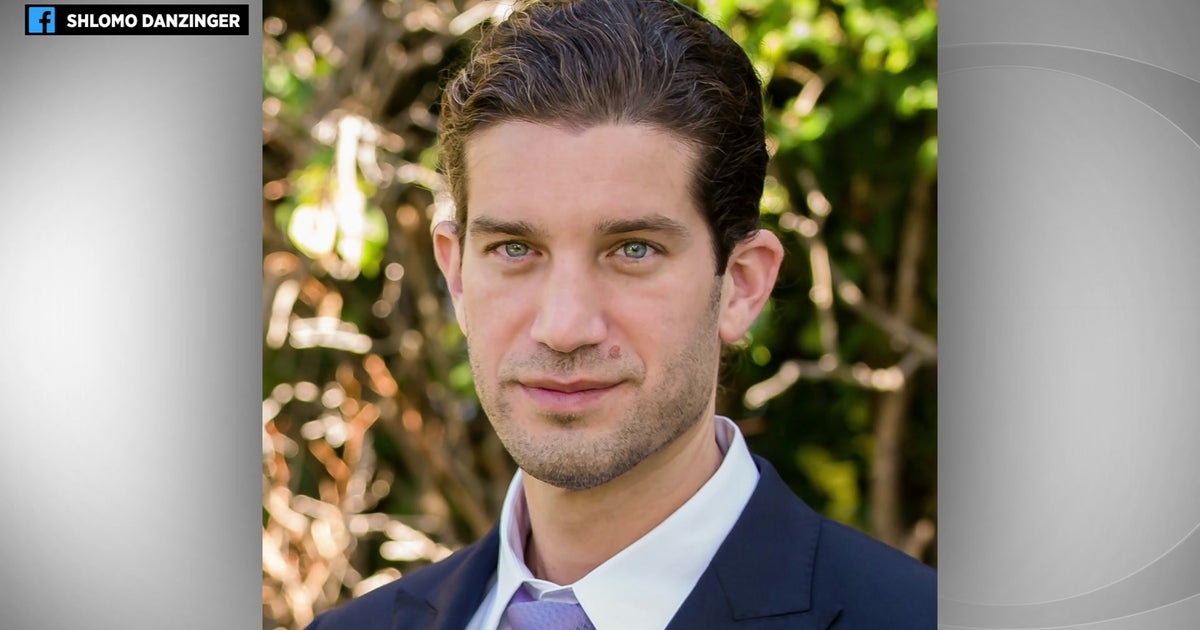DCF Moves To Implement Group's Child Safety Recs
MIAMI (CBSMiami/NSF) - Florida's Department of Children and Families, with at least 20 child deaths reported since April, is working on implementing a new approach to child safety—aiming at a more proactive method of ensuring children in harms way are protected--before it's too late.
The number of deaths of children that were known to DCF has raised concerns, and lawmakers have indicated that child safety will be one of their top priorities during the upcoming legislative session.
DCF's Interim Secretary Esther Jacobo, who replaced David Wilkins after his resignation July, has asked critics to weigh-in on a newly developed safety model.
Casey Family Programs, the nation's largest operating foundation whose focus is mainly on foster care and improving the child welfare system, is one policy group Jacobo had interject on DCF's child safety overhaul.
The question of risk is central to the report, which concluded that DCF's method of assessing danger classifies children as simply safe or unsafe, rather than falling somewhere on a continuum between the two.
"The safety model … does not clearly convey the cumulative emotional and developmental harm which children may suffer from chronic neglect or from the combination of chronic neglect with physical abuse or sexual abuse," wrote Casey's Alan Puckett and Dee Wilson. "In many chronically referring families, children may be neither in present or impending danger nor truly safe given the cumulative developmental and emotional impact, and occasional significant harm, which may result from low level chronic maltreatment."
Jacobo said the most useful piece of the report was its "articulation of why risk is so important in our investigations, because we miss a chronic family that perhaps is never unsafe when we see them, but the risk factors are such that they could be unsafe in the future, and our system may not have caught that."
The agency is adopting a number of the Casey recommendations. They include an additional focus on infants and toddlers, who were overwhelmingly the victims of fatal abuse and neglect this spring and summer.
"Very young children are also much more likely to suffer serious harm when they are maltreated than are older children," noted the report. "The (Florida) safety model's guidelines are incongruent with child-protection practices designed for babies and toddlers, the age groups at greatest risk for serious inflicted injuries and maltreatment fatalities."
Last week, Jacobo told the House Healthy Families Subcommittee that two child-protective investigators would be assigned to each case involving children ages three and younger in families dealing with substance abuse, domestic violence and/or three or more prior incidents involving child protective investigations.
Those are the risk factors consistently identified as predictors of child maltreatment, she said, and teams will follow up after an investigation has closed to ensure that the family has stabilized.
Additionally, DCF will monitor family safety plans more often, employ second-party consultations in high-risk cases and strengthen its quality-assurance system.
The advocacy group Florida's Children First has repeatedly criticized DCF for a 72 percent reduction in quality-assurance positions since 2008. At an August town hall meeting, Howard Talenfeld, the group's president, called on the Legislature to restore the 76 quality-assurance positions it had cut three years before, saying DCF needed the eyes and ears to monitor at-risk children.
"The Casey Family Programs report makes it clear that more work is needed before Florida's new model will achieve its intended purpose," wrote Christina Spudeas, the executive director of Florida's Children First, in her response to the report. "Pushing ahead with training and piecemeal implementation is a waste of time, talent and money. It's time for DCF to stop, regroup, and invest needed resources to make sure our new model does what we need it to do --- protect Florida's kids and support families."
When Jacobo explained the safety model to the House subcommittee last week, she assured Chairwoman Gayle Harrell, R-Stuart, that DCF would strengthen its emphasis on families in which children are chronically neglected.
"The prevention piece is an enormous piece," Jacobo said. "But that's a longer conversation."
"I can assure you we will have that conversation," Harrell replied.
(©2013 CBS Local Media, a division of CBS Radio Inc. All rights reserved. This material may not be published, broadcast, rewritten, or redistributed. The News Service of Florida contributed to this report.)



